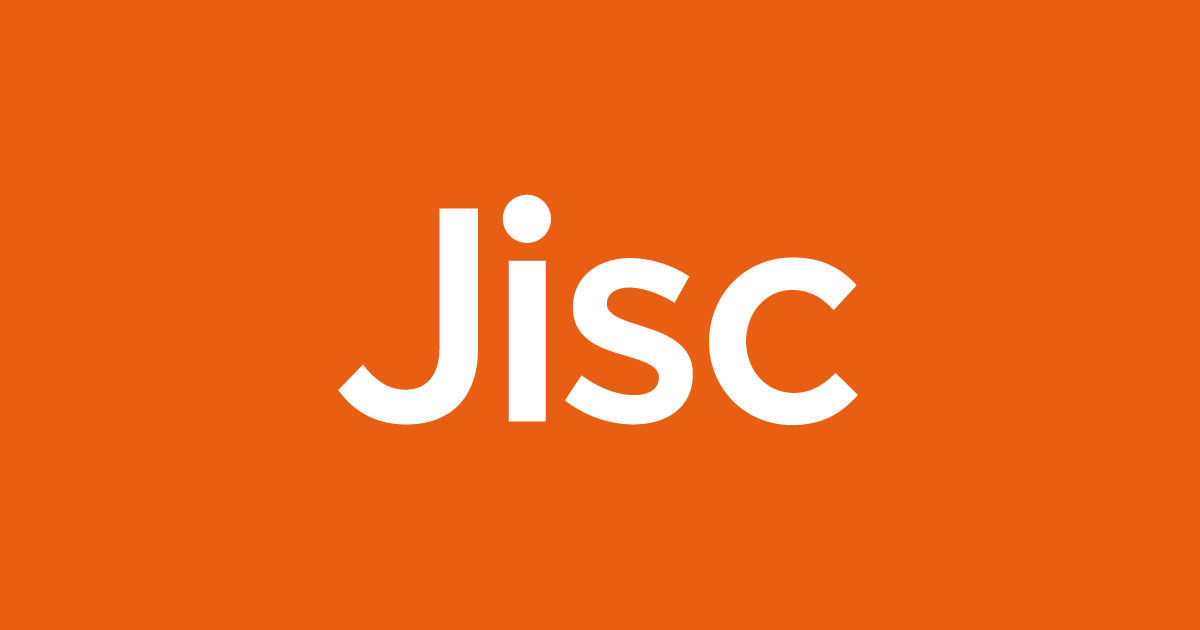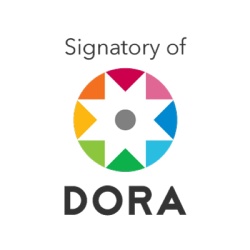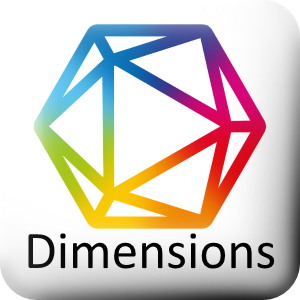The Effectiveness of Blended Learning based on digital games in increasing students' motivation toward learning mathematics
Abstract
This research is action research aimed to reveal the effectiveness of using blended learning based on digital games in increasing the motivation of grade-five students towards learning mathematics. The quasi-experimental method was used with thirty-eight grade-five students in Imam Al-Hassan bin Saeed Al-Sahtani Basic Education School for Boys (5-12) in the Sultanate of Oman. The study used two instruments; an educational program based on digital games and a scale of students' motivation toward learning mathematics. The study found that there were statistically significant differences in favour of the post-motivation scale, in which the mean of the scale in pre-motivation scale was 2.73 and the mean of the post-motivation scale was 4.13. There was a difference of 1.4 in favour of the post-motivation scale. Considering the results of the study, the researchers recommended encouraging teachers to use blended education based on digital games and making various interactive activities for students through instructional digital games.
Downloads
References
Abed, A. S. (2012). Effect of the Use of the Generative Learning Model on Basic-Stage Students’ Mathematical Problem Solving and Motivation toward Learning Mathematics. Journal of Educational and Psychological Studies (JEPS), 6(2), 1–16. https://academia-arabia.com/ar/reader/2/42201
Al Badi, A. A., El, M., Osman, T., Abdo, &, & Al-Mekhlafi, M. (2020). The Impact of Virtual Writing Tutor on Writing Skills and Attitudes of Omani College Students. Journal of Education and Development, 4(3), 101. https://doi.org/10.20849/JED.V4I3.828
Al Kharusi, A., Al Mawali, I., & Al Hadrami, A. (2022). The level of satisfaction of eleventh-grade students with the experience of e-learning through the Google Classroom platform in light of the Covid-19 pandemic: the experience of Asiyah Bint Muzahim School as a model. Palestine Technical University Research Journal (PTURJ). https://rj.ptuk.edu.ps/index.php/pturj/article/view/328/187
Alkan, S. çuk, & Korkmaz, E. (2021). Analysis of Digital Games Related to Mathematics Education with Deconstructing. World Journal of Education, 11(2), 46–55. https://doi.org/10.5430/wje.v11n2p46
Chang, C.-Y., & Hwang, G.-J. (2019). Trends in digital game-based learning in the mobile era: a systematic review of journal publications from 2007 to 2016. Int. J. Mobile Learning and Organisation, 13(1), 68–90. https://doi.org/10.1504/IJMLO.2019.096468
Dayo, N. A., Alvi, U., & Asad, M. M. (2020). Mechanics of Digital Mathematics Games for Learning of Problem-Solving: An Extensive Literature Review. 2020 International Conference on Emerging Trends in Smart Technologies, ICETST 2020. https://doi.org/10.1109/ICETST49965.2020.9080715
Fadda, D., Pellegrini, M., Vivanet, G., & Zandonella Callegher, C. (2022). Effects of digital games on student motivation in mathematics: A meta-analysis in K-12. Journal of Computer Assisted Learning, 38(1), 304–325. https://doi.org/10.1111/JCAL.12618
Heilporn, G., Lakhal, S., & Bélisle, M. (2021). An examination of teachers’ strategies to foster student engagement in blended learning in higher education. International Journal of Educational Technology in Higher Education, 18(1), 1–25. https://doi.org/10.1186/S41239-021-00260-3/TABLES/5
Kumar, A., Krishnamurthi, R., Bhatia, S., Kaushik, K., Ahuja, N. J., Nayyar, A., & Masud, M. (2021). Blended Learning Tools and Practices : A Comprehensive Analysis. IEEE Access, 9, 85151–85197. https://doi.org/10.1109/ACCESS.2021.3085844
Ma, L., & Lee, C. S. (2021). Evaluating the effectiveness of blended learning using the ARCS model. Journal of Computer Assisted Learning, 37(5), 1397–1408. https://doi.org/10.1111/JCAL.12579
Manginas, G., & Nikolantonakis, C. (2018). THE CONTRIBUTION OF MATHEMATICS ONLINE GAMES TO QUALITIVE DIFFERENTIATION AND INTRINSIC MOTIVATION OF STUDENTS WITH MILD INTELLECTUAL DISABILITIES. European Journal of Special Education Research, 0(0). https://doi.org/10.46827/EJSE.V0I0.1404
Moyer-Packenham, P. S., Lommatsch, C. W., Litster, K., Ashby, J., Bullock, E. K., Roxburgh, A. L., Shumway, J. F., Speed, E., Covington, B., Hartmann, C., Clarke-Midura, J., Skaria, J., Westenskow, A., MacDonald, B., Symanzik, J., & Jordan, K. (2019). How design features in digital math games support learning and mathematics connections. Computers in Human Behavior, 91, 316–332. https://doi.org/10.1016/J.CHB.2018.09.036
Prilop, C. N., Weber, K. E., & Kleinknecht, M. (2021). The role of expert feedback in the development of pre-service teachers’ professional vision of classroom management in an online blended learning environment. Teaching and Teacher Education, 99, 103276. https://doi.org/10.1016/J.TATE.2020.103276
Skala, J. (2019). The Effects of Digital Games on Engagement and Motivation. Masters of Arts in Education Action Research Papers. https://sophia.stkate.edu/maed/313
Toh, W., & Lim, F. V. (2020). Using Video Games for Learning : Developing a Metalanguage for Digital Play. Https://Doi.Org/10.1177/1555412020921339, 16(5), 583–610. https://doi.org/10.1177/1555412020921339
Vallee, A., Blacher, J., Cariou, A., & Sorbets, E. (2020). Blended Learning Compared to Traditional Learning in Medical Education : Systematic Review and Meta-Analysis. J Med Internet Res 2020 ;22(8) : E16504 Https://Www.Jmir.Org/2020/8/E16504, 22(8), e16504. https://doi.org/10.2196/16504
Zabala-Vargas, S., García-Mora, L., Arciniegas-Hernández, E., Reina-Medrano, J., de Benito-Crosetti, B., & Darder-Mésquida, A. (2022). Strengthening motivation in the mathematical engineering teaching processes- A proposal from gamification and game-based learning. International Journal of Emerging Technologies in Learning, 16(6), 4–19. https://doi.org/10.3991/IJET.V16I06.16163.

This work is licensed under a Creative Commons Attribution-NonCommercial 4.0 International License.





















